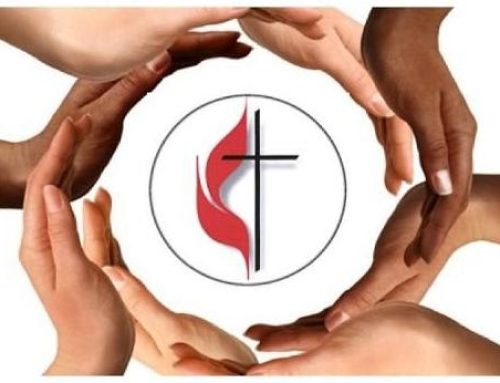“As it is, there are many members, yet one body. The eye cannot say to the hand, ‘I have no need of you’, nor again the head to the feet, ‘I have no need of you.’ On the contrary, the members of the body that seem to be weaker are indispensable, and those members of the body that we think less honourable we clothe with greater honour, and our less respectable members are treated with greater respect; whereas our more respectable members do not need this. But God has so arranged the body, giving the greater honour to the inferior member, that there may be no dissension within the body, but the members may have the same care for one another. If one member suffers, all suffer together with it; if one member is honoured, all rejoice together with it. Now you are the body of Christ and individually members of it. And God has appointed in the church first apostles, second prophets, third teachers; then deeds of power, then gifts of healing, forms of assistance, forms of leadership, various kinds of tongues. Are all apostles? Are all prophets? Are all teachers? Do all work miracles? Do all possess gifts of healing? Do all speak in tongues? Do all interpret?” (I Corinthians 12:20-30) Our epistle lesson this week gives us one of the most important metaphors in the New Testament: the church as the Body of Christ. Paul famously uses this to remind those bickering Corinthians, those fighting early Christians that this ecclesial warfare is not the way it is supposed to be. The metaphor is not original to Paul. Roman politicians had used it in the past to placate the mobs. When the “little people” seemed to be getting out of hand, the politician would remind them of how important they were. They were lowlifes, true enough, but they still had a role to play that was important to their betters in the body of the Empire. Paul turns the metaphor on its head (the pun is intended!) When we look to Christ, we see the head who takes on dishonor to bring honor to the least. When we begin with Jesus, all hierarchies go out the window. Any sense of “I’m more important than you” becomes nonsensical and eventually unimaginable. How might our conversations change when we begin with Christ? How might our fighting about ethics or music or masks be transformed when we remember Jesus? It seems to me that life becomes much more joyful when I begin with Christ’s honor and not my vain attempts to win the argument or to appear more faithful. It seems to me that the people with whom I disagree become much easier to love when I recall that they are fellow members of Christ’s body. How about you? Have a great week!






Leave A Comment